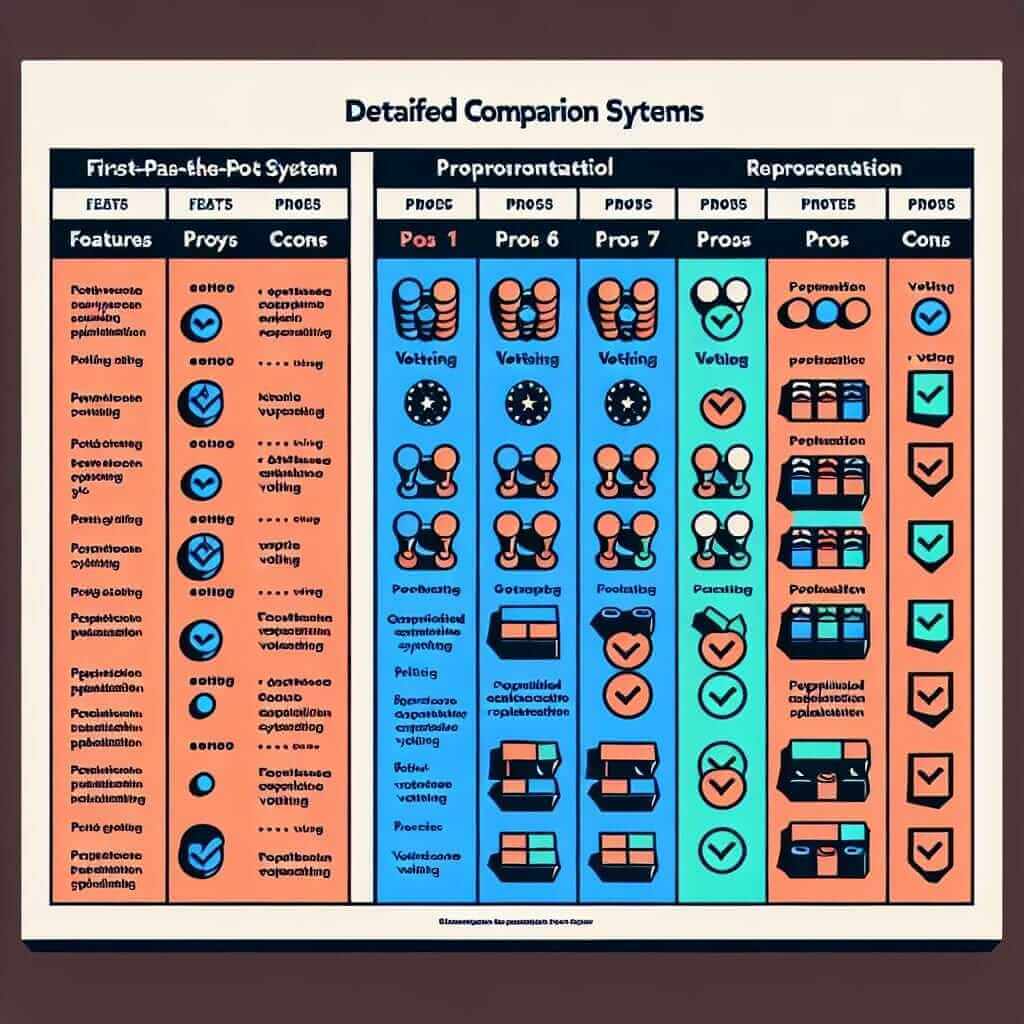As an IELTS instructor with over 20 years of experience, I’ve noticed a recurring theme that often throws students off: politics in reading passages. Specifically, the question of “which voting system is better” can be a tricky one to navigate, especially when encountered in the IELTS Reading test.
This article will equip you with the tools and strategies needed to confidently tackle such passages and boost your IELTS Reading score.
Understanding the Challenge of Political Texts in IELTS Reading
Many students find passages about political systems, including discussions on voting methodologies, to be quite challenging. Here’s why:
- Unfamiliar Vocabulary: Political science has its own set of jargon (e.g., “first-past-the-post,” “proportional representation,” “electorate”). If you’re not already familiar with these terms, it can make understanding the passage difficult.
- Complex Concepts: Voting systems are often rooted in historical context and involve nuanced arguments about fairness, representation, and the mechanics of government.
- Objective Analysis: The IELTS Reading test requires you to understand the author’s viewpoints and biases, even when discussing potentially controversial topics.
Mastering IELTS Reading Passages on Voting Systems
Don’t let the complexities of political systems intimidate you! Here’s how to approach these passages strategically:
1. Build Your Political Vocabulary
- Read widely: Start exploring articles and resources that discuss different voting systems. Focus on understanding terms like:
- Majority rule
- Plurality
- Proportional representation
- Single-member districts
- Multi-member districts
- Use a glossary: Keep a dedicated notebook or digital document where you list and define political terms you encounter.
2. Identify Key Arguments and Perspectives
- Look for contrasting viewpoints: Often, a passage will present arguments for and against a particular voting system. Pay attention to phrases like:
- “On the one hand…”
- “However, critics argue…”
- “Proponents of this system believe…”
- Focus on the author’s stance: Determine whether the author favors a specific system or presents a balanced view.

3. Practice Skimming and Scanning
- Skimming: Read the passage quickly to get the gist of the content. Pay close attention to the introduction and conclusion, as they often highlight the main ideas.
- Scanning: Once you’ve skimmed the passage, use your finger to scan for specific keywords or phrases related to the questions. This will help you locate information quickly.
Example from IELTS Reading Practice Material
Let’s say you encounter a passage titled “Electoral Reform: A Comparative Analysis of Voting Systems.”
Sample Question:
What are two main advantages of proportional representation as discussed in the text?
Approach:
- Scan the passage: Quickly locate the section that specifically discusses “proportional representation.”
- Read carefully: Pay close attention to any advantages mentioned in that section. Look for supporting evidence and examples provided.
- Paraphrase your answer: Use your own words to answer the question, demonstrating your understanding of the passage.
Tips for Success
- Stay objective: Don’t let your personal political beliefs influence your answers. Focus on what the passage states, not your opinions.
- Manage your time: Don’t spend too long on any one question. Remember, you have limited time to complete the entire Reading section.
- Practice regularly: Familiarize yourself with the types of questions asked in the IELTS Reading test. The more you practice, the more confident you’ll become!
Conclusion
By building your political vocabulary, honing your reading comprehension skills, and practicing regularly, you’ll be well-prepared to tackle any IELTS Reading passage on voting systems. Remember, the key is to stay calm, focused, and objective in your analysis. Good luck!